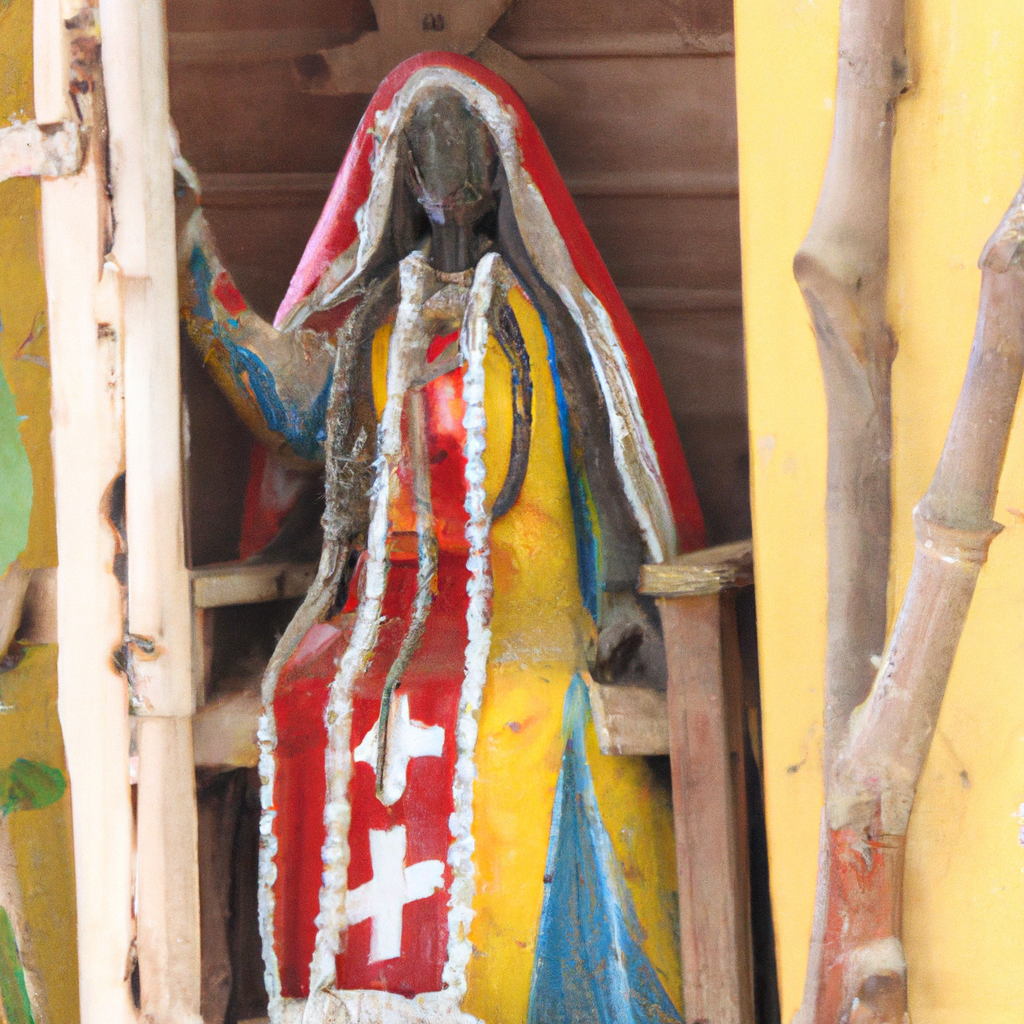Religion in Senegal
Senegal is a west African country with a diverse population who embrace a wide array of different religions. The country is has a population of around 17 million people and nine-tenths of them identify as Muslim. The remaining one-tenth are made up of Christians and Animists, who practice traditional beliefs.
Islam in Senegal
Islam is the most widely practised religion in Senegal and approximately 94% of the population are Muslim. This includes both Sunni and Sufi branches of Islam and the majority of them identify as Maliki Sunni. Senegal also has a significant Shia population and also some Ahmadiyya Muslims.
Christianity in Senegal
Christianity is practised by around 5% of the population in Senegal. This consists almost entirely of Catholic communities who regard themselves as the true successors of the French colonial era in the country. They often represent the educated elite and can be found in and around the capital city, Dakar.
Animism in Senegal
Animist beliefs are still practised in Senegal by a small minority, estimated to be around 1%. This is a religion based on the belief in spirits and ancestors, and has a long-standing spiritual significance in many areas of the country. Many of these traditional beliefs have been incorporated into Islam and Christianity, and remain in practice.
Freedom of Religion and Tolerance in Senegal
Senegal is considered to be one of the most tolerant countries in the world, and has a long-standing policy of religious freedom. All religions are respected and celebrated legally and socially. The Baha’i faith is also legally recognised in the country, and there are also ongoing projects to encourage interfaith understanding and dialogue.
Conclusion
Senegal is a religiously diverse country, with a population that follows various faiths. The large majority of the population are Muslim, whilst there is also a significant group of Christians and a small population of Animists. The government of Senegal encourages freedom of religion and tolerance and supports interfaith dialogue and understanding.
